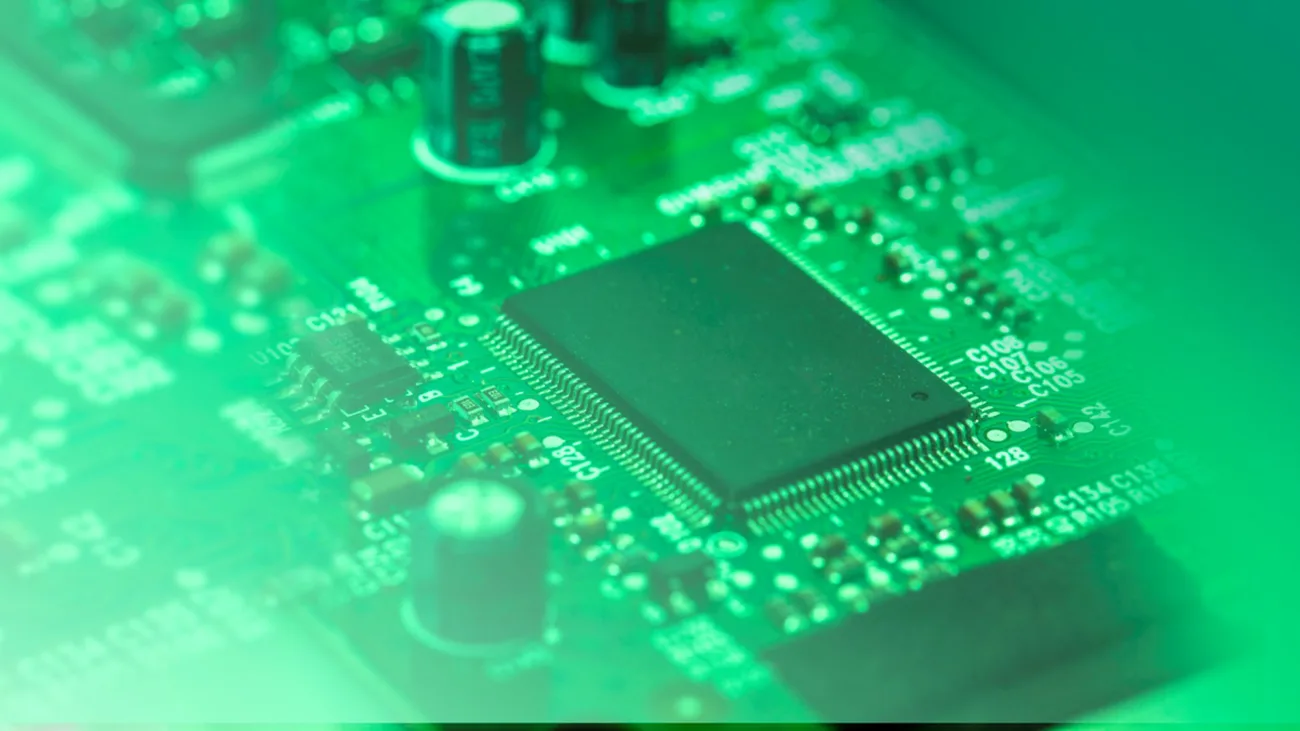The Powerhouse of Semiconductors: Taiwan’s Dominance and the Global Landscape

Aviv Doron
The Economic Consul – Israel Economic and Trade Mission in Taipei
The unassuming microchip, a tiny marvel of engineering, has become the lifeblood of the modern world. From the smartphones in our pockets to the complex machinery in factories, chips power our daily lives. Nowhere is this dominance more evident than in Taiwan, which has carved out a position as the global leader in semiconductor manufacturing.
This report dives into the heart of the Taiwanese Semiconductor Industry, exploring its current status, its impact on global supply chains, and the potential for further advancement through collaboration with Israeli technology.
Chips: The Invisible Engine of Modernity
Semiconductors, also known as microchips, are integrated circuits containing billions of transistors. They act as the brains of electronic devices, processing information and facilitating communication. Their remarkable miniaturization and increasing processing power have revolutionized virtually every aspect of our lives.
- Automotive: Modern cars are a rolling showcase of semiconductor technology. From engine management systems and advanced driver-assistance features to in-car entertainment systems, chips play a critical role in safety, efficiency, and comfort.
- Healthcare: Medical advancements rely heavily on semiconductors. They power diagnostic equipment, imaging tools, and life-saving devices like pacemakers and insulin pumps. Additionally, the rise of digital healthcare necessitates robust chip infrastructure.
- Aviation: From navigation and flight control systems to in-flight entertainment and communication, chips are essential for safe and efficient air travel. The increasing demand for autonomous drones and future advancements in urban air mobility further highlight their importance.
- Communication: The entire telecommunications sector rests on a foundation of semiconductors. They enable mobile and internet connectivity, powering everything from smartphones and base stations to data centers and cloud computing.
- Consumer Products: From smart appliances and home entertainment systems to wearables and virtual reality headsets, chips are embedded in a vast array of consumer products, enhancing functionality and user experience.
- Robotics: The burgeoning field of robotics is heavily reliant on semiconductors. Robots in manufacturing, healthcare, and logistics require advanced chips for processing, control, and sensor applications.
Taiwan: The Global Chipmaking Leader
Taiwan boasts a unique position in the global semiconductor industry. According to Wikipedia, its chip sector accounts for a staggering 20% of the global market, valued at US$115 billion. This dominance is largely attributed to its prowess in foundry operations, where companies like Taiwan Semiconductor Manufacturing Company (TSMC) manufacture chips designed by other firms. TSMC alone holds over 50% of the global foundry market share.
Several factors contribute to Taiwan’s success:
- Strong OEM Wafer Manufacturing: Taiwan excels at manufacturing wafers, the thin slices of silicon upon which chips are built.
- Complete Industry Ecosystem: A robust ecosystem exists with chip designers, equipment suppliers, and packaging and testing companies all present in Taiwan.
- Government Support: The Taiwanese Government actively promotes and invests in research and development, fostering innovation within the industry.
However, challenges remain. The global chip shortage, exacerbated by pandemic disruptions and geopolitical tensions, has underscored the vulnerability of relying heavily on a single geographical source for such critical components.
The Global Landscape: A Race for Supremacy
While Taiwan leads, other countries are actively pursuing technological advancement in the semiconductor field:
- United States: Once a dominant force, the US is seeking to regain its footing. The CHIPS Act aims to incentivize domestic chip production and research, and also include new TSMC manufacturing fabrication plants in Arizona, supported by 6.6B US$ direct funding by the US government, according to TSMC’s official announcement.
- Japan: Japanese companies like Sony and Renesas remain key players, with a focus on specific chip types like image sensors. Earlier this year, Sony Semiconductor Solutions and TSMC started constructing their new joint-venture foundry in Japan, aimed at diversifying TSMC’s manufacturing sites and leveraging Japan’s precision manufacturing resources.
- South Korea: South Korea’s Samsung is a major competitor to TSMC, particularly in memory chip production.
- China: China views semiconductor independence as a national priority and is investing heavily in domestic production. However, significant technological gaps remain in areas like advanced chip manufacturing.
Israeli Tech: A Catalyst for Taiwanese Innovation
Israel, a global leader in chip design and AI, presents exciting opportunities for collaboration with the Taiwanese industry. Here’s how Israeli technologies can enhance Taiwan’s position:
- Advanced Chip Design: Israeli companies possess expertise in designing high-performance, power-efficient chips, further strengthening Taiwan’s manufacturing capabilities.
- AI Integration: The integration of AI algorithms into chip design holds immense potential for creating intelligent and autonomous systems.
The Israel Economic and Trade Mission in Taipei, established in 1993 as part of the Foreign Trade Administration at the Israel Ministry of Economy and Industry, is dedicated to fostering business and investment prospects for Israel’s industry in the Taiwanese market. This is achieved through facilitating exchanges of Israeli and Taiwanese companies, organizing delegations, participating in international conferences, and creating B2B connections. The Mission enables Israeli companies gain extensive exposure and numerous B2B and investment opportunities.
Conclusion: A Symbiotic Future
The Taiwanese semiconductor industry is a powerhouse, shaping the technological landscape of the modern world. However, the global race for chip dominance is intensifying. By leveraging Israeli expertise in chip design and AI, Taiwan can further enhance its technological edge. This symbiotic relationship holds immense potential to shape the future of the global chip industry and fuel the next wave of technological advancements.
 :
:
Aviv Doron
Photo: Courtesy of Israel Economic and Trade office
This content might interest you as well
More Categories
Related Posts
Dear Readers, India and Israel, two nations with rich histories and diverse cultures, have developed a strong and multifaceted economic
Bridging Innovation: How Israel and India Can Accelerate the Semiconductor Revolution India’s ambition to become a global semiconductor hub can
One-on-one Interview with Eyal Waldman: Israel has huge advantages in Semiconductors Eyal Waldman, CEO and one of the founders of
vSync Circuits Ltd., founded in 2010 by industry veterans Dr. Reuven Dobkin, Leonid Brook, and Prof. Ran Ginosar, develops innovative














